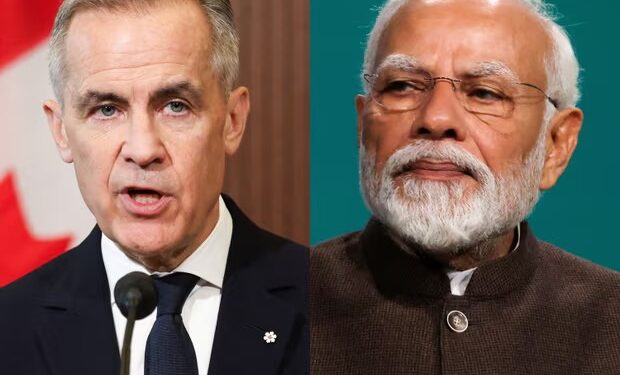Canada and India have agreed to resume the sharing of intelligence on terrorism threats, marking a cautious thaw in relations strained by the high-profile killing of Sikh separatist Hardeep Singh Nijjar in British Columbia last year. The decision was confirmed by senior government officials in both countries over the weekend, signalling a pragmatic shift amid ongoing global security challenges.
The 2023 murder of Nijjar, a Canadian citizen and vocal advocate for Khalistan — a proposed independent Sikh state — ignited a major diplomatic crisis. Prime Minister Justin Trudeau publicly accused the Indian government of involvement in the assassination, a charge that New Delhi rejected as “absurd” and politically motivated. The fallout led to tit-for-tat expulsions of diplomats, a freeze in trade talks, and a breakdown in intelligence cooperation.
Despite lingering tensions, the two countries are now quietly restoring operational contact between their intelligence services. The cooperation, officials say, is limited to specific threats linked to global terrorism networks, including Islamic State affiliates, transnational extremist financing, and cyberterrorism. It does not include cases directly involving diaspora politics or controversial figures.
A Canadian government source, speaking on condition of anonymity, said, “We are not looking to sweep anything under the rug. But shared threats require shared responses. The safety of Canadians — and indeed Indians — depends on this level of professional cooperation.”
Indian officials echoed the sentiment, stating that while political disagreements persist, counterterrorism collaboration is a necessary area of engagement. “This is not a diplomatic reset. It’s a security necessity,” said one Indian national security official. “The focus will remain on external threats, not bilateral grievances.”
The move has drawn a mixed response in Canada. Civil liberties groups and Sikh advocacy organisations have criticised what they view as a betrayal of justice for Nijjar. Gurmeet Singh Toor, director of the Canadian Sikh Federation, called the intelligence-sharing arrangement “deeply disappointing” and said it sends “a dangerous message to Canada’s minority communities.”
Parliamentarians within Trudeau’s own Liberal Party are divided, with some supporting the resumption of contact as a matter of public safety, and others wary of undermining the country’s moral stance on extrajudicial killings. The New Democratic Party, whose leader Jagmeet Singh has spoken forcefully on Sikh rights, has not yet issued a formal statement.
For India, the agreement helps reinforce its image as a cooperative player in the global fight against terrorism, even as it continues to deny involvement in Nijjar’s death. The government of Prime Minister Narendra Modi has faced international scrutiny, particularly from Western allies, over its handling of dissidents and critics abroad.
Analysts suggest the renewed intelligence ties reflect a wider trend in international diplomacy, where strategic interests often override political friction. “You can have a diplomatic dispute and still share intelligence. It’s not uncommon,” said Professor Maya D’Souza of the University of Toronto. “But the optics are complicated, especially when human rights and justice are at stake.”
While full diplomatic normalisation remains distant, the decision to share intelligence signals a new phase of pragmatic coexistence between Ottawa and New Delhi. For both governments, the growing risks of global terrorism appear to have created a narrow but essential space for cooperation — even in the shadow of unresolved allegations and mistrust.
newshub finance



Recent Comments